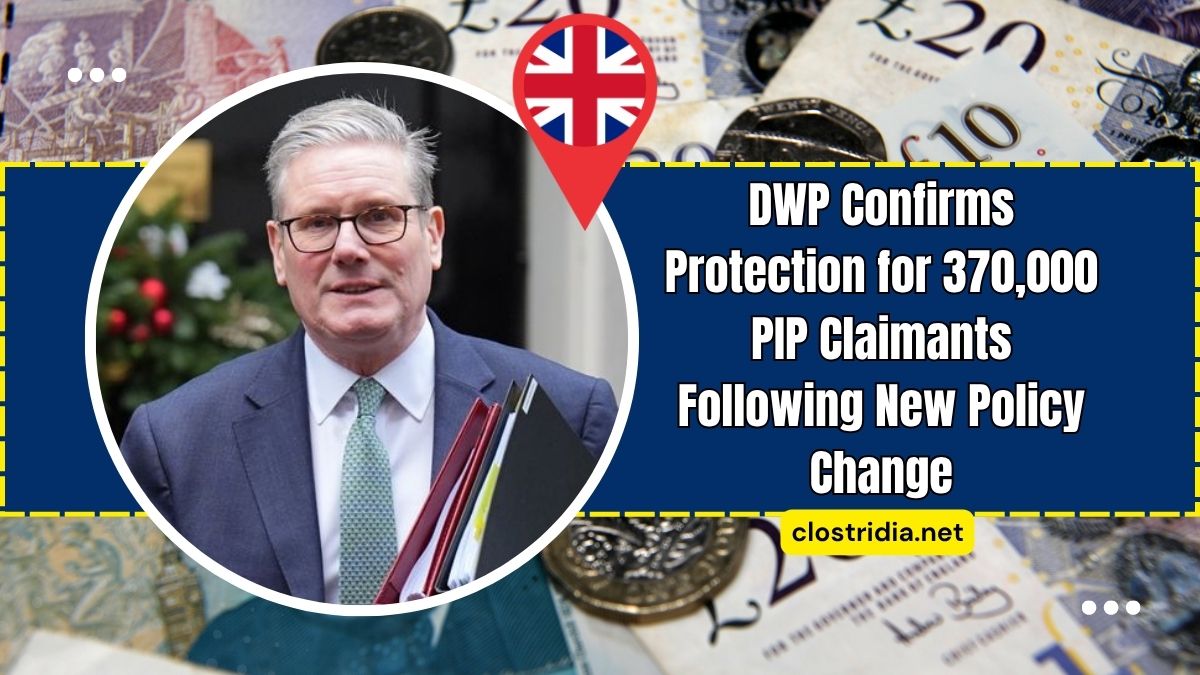In a pivotal announcement, the Government has promised to safeguard the current recipients of Personal Independence Payment (PIP) from anticipated cuts by the Department for Work and Pensions (DWP), ensuring that their benefits will remain unaffected.
Protection for Existing Claimants
Work and Pensions Secretary, Liz Kendall, confirmed this protection in a letter addressed to members of Parliament, stating that it would also apply to adjustments made to Universal Credit. This assurance follows intense discussions with backbench MPs, resulting in support from over 120 MPs for an amendment aimed at blocking the bill.
On the upcoming second reading of Sir Keir Starmer’s Universal Credit and Personal Independence Payments bill scheduled for Tuesday, a Downing Street spokesperson emphasized: “We’ve taken into account MPs’ concerns, particularly those who favor reform but are worried about the pace of change for current beneficiaries.”
The spokesperson went on to explain that this reform package aims to put the social security system on a sustainable foundation, ensuring dignity for those unable to work, supporting those who are capable, and alleviating anxiety for those currently receiving support. These changes are rooted in Labour values, striving to meet the demands of last year’s public vote.
Understanding PIP and the Reforms
PIP is specifically designed to assist individuals with long-term health conditions or disabilities, particularly those struggling with daily tasks or mobility. The payment consists of two components: one for daily task assistance and another for mobility support.
The amount received depends on the level of difficulty a person experiences in performing everyday activities and traveling. Recently, the Government revealed updates to how PIP assessments will be conducted.
What’s Changing in the System?
Initially, the Government’s proposed changes aimed to restrict PIP eligibility and limit the sickness component within Universal Credit. Under these plans, existing claimants would have been given a 13-week adjustment period to accommodate the financial shifts. However, these proposals were met with criticism, leading to widespread concern.
Secretary Kendall acknowledged the public’s anxiety over these changes and assured claimants that all current PIP recipients would be grandfathered into the existing system. The new eligibility criteria will only apply to new claims starting in November 2026.
Furthermore, Kendall confirmed that Universal Credit payment rates would be adjusted to ensure that both current recipients of the UC health element and new claimants meeting the severe conditions criteria will have their incomes fully protected.
The Secretary also announced that a ministerial review would be conducted to ensure the system remains fair and fit for the future, with input from disabled individuals, advocacy organizations, and MPs. These reforms are a direct reflection of Labour’s values.
Impact on Current Beneficiaries
The government’s changes aim to protect approximately 370,000 existing PIP recipients who were previously at risk of losing their benefits due to reassessments. This is part of a broader effort to ensure that the system remains effective while also addressing the needs of those with severe disabilities.
What’s Next for the Bill?
If the bill passes its first test on Tuesday, it will undergo a period of scrutiny by MPs the following week, skipping the extended committee examination that would usually follow.
Dame Meg Hillier, chairwoman of the Treasury select committee, proposed a “reasoned amendment” expressing concerns that disabled individuals have not been adequately involved in the reform process and that the proposed changes warrant more thorough investigation.
Hillier stated: “This is a significant deal, making substantial changes to ensure that the most vulnerable are protected… and, importantly, involving disabled individuals in designing future benefit reforms.”
These proposed PIP reforms are a critical step toward ensuring that vulnerable individuals are protected during a time of significant change. While the Government seeks to balance sustainability with fairness, it remains to be seen how the changes will unfold and whether they will fully meet the needs of those they are designed to help.
FAQs
What is PIP and who is eligible?
Personal Independence Payment (PIP) helps people with long-term health conditions or disabilities with daily tasks and mobility. Eligibility depends on the severity of your condition and its impact on your life.
What are the proposed changes to PIP?
The Government plans to restrict PIP eligibility and introduce stricter assessments for new claimants, starting in November 2026. However, existing recipients will not be affected.
Will my PIP payments be affected?
Current PIP recipients are protected and will remain on the existing system. The changes apply only to new claims from 2026.

